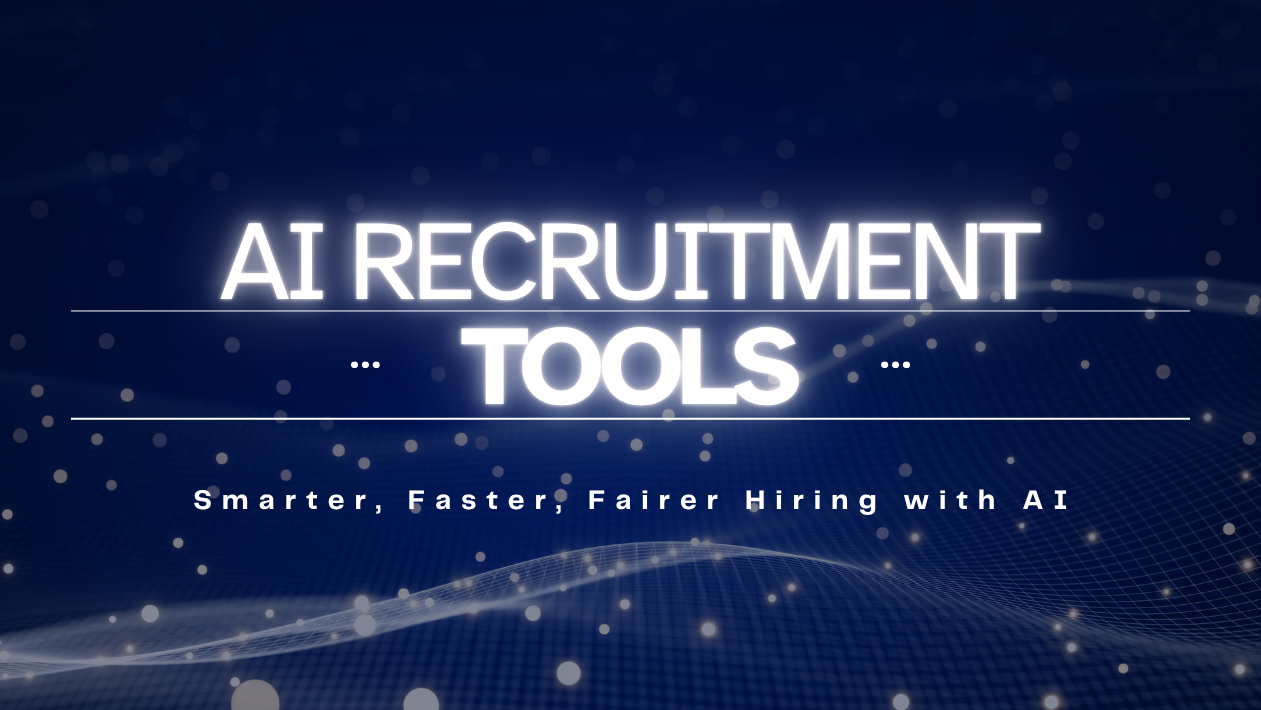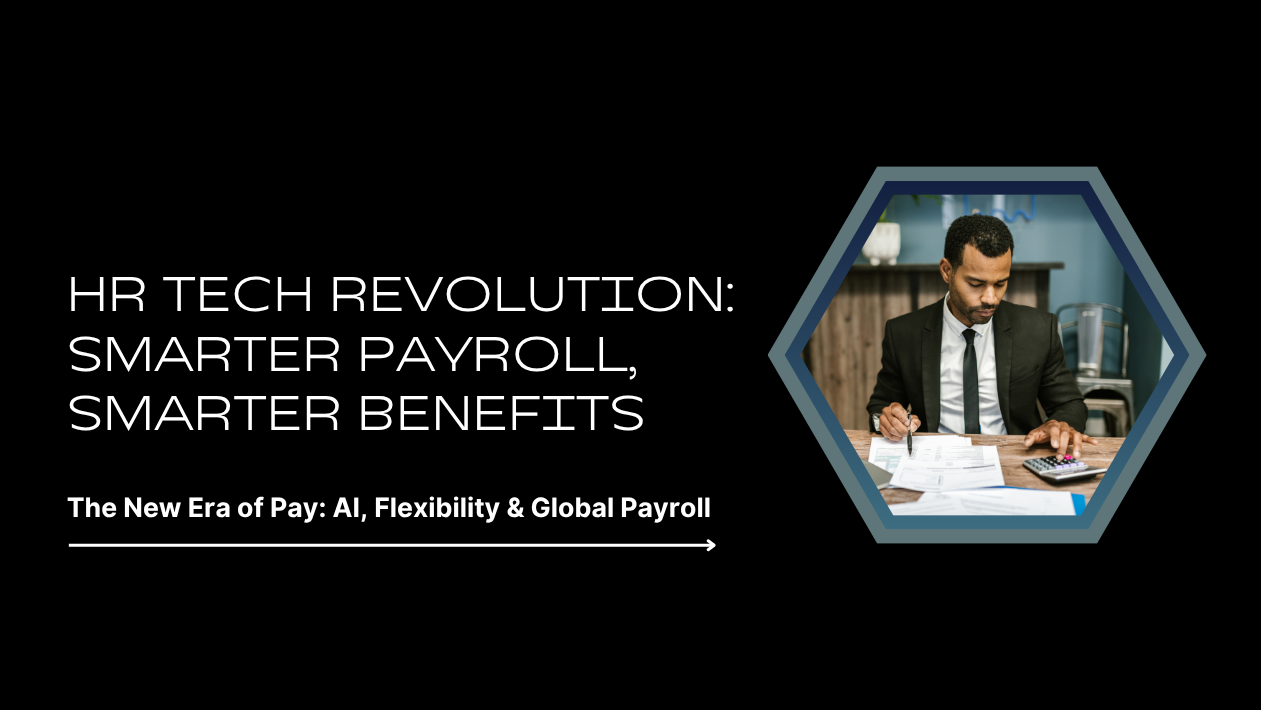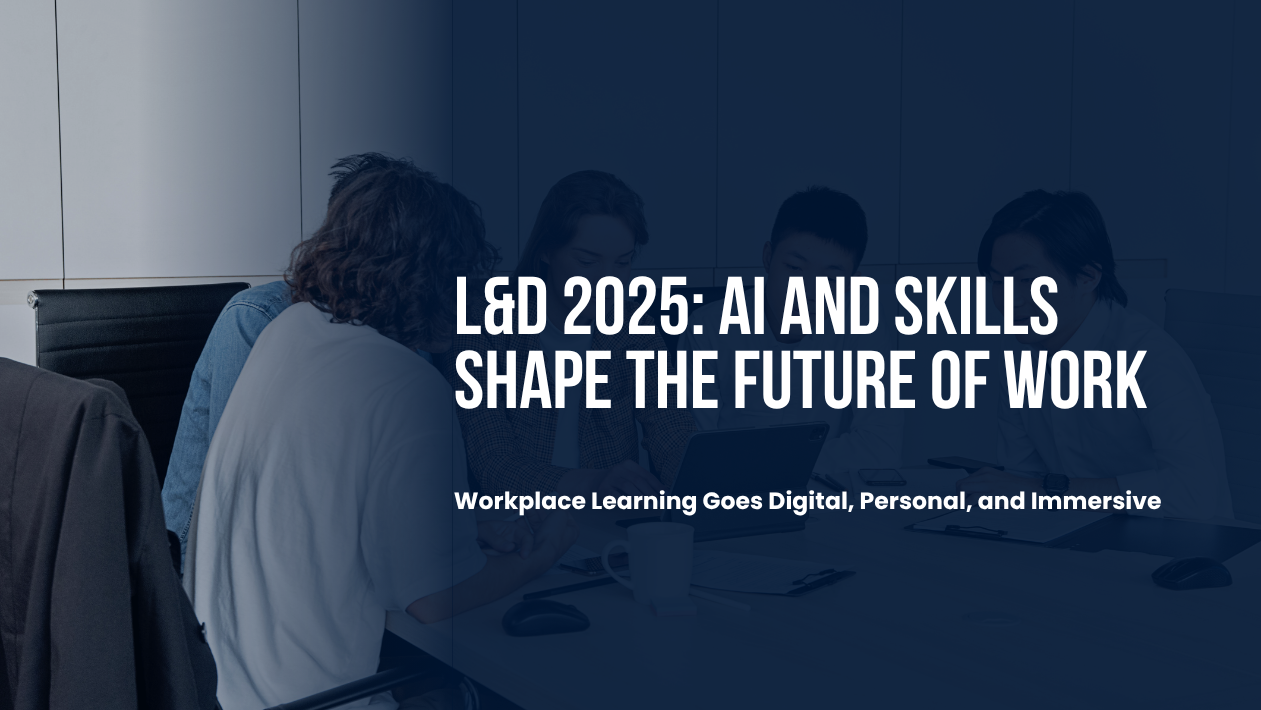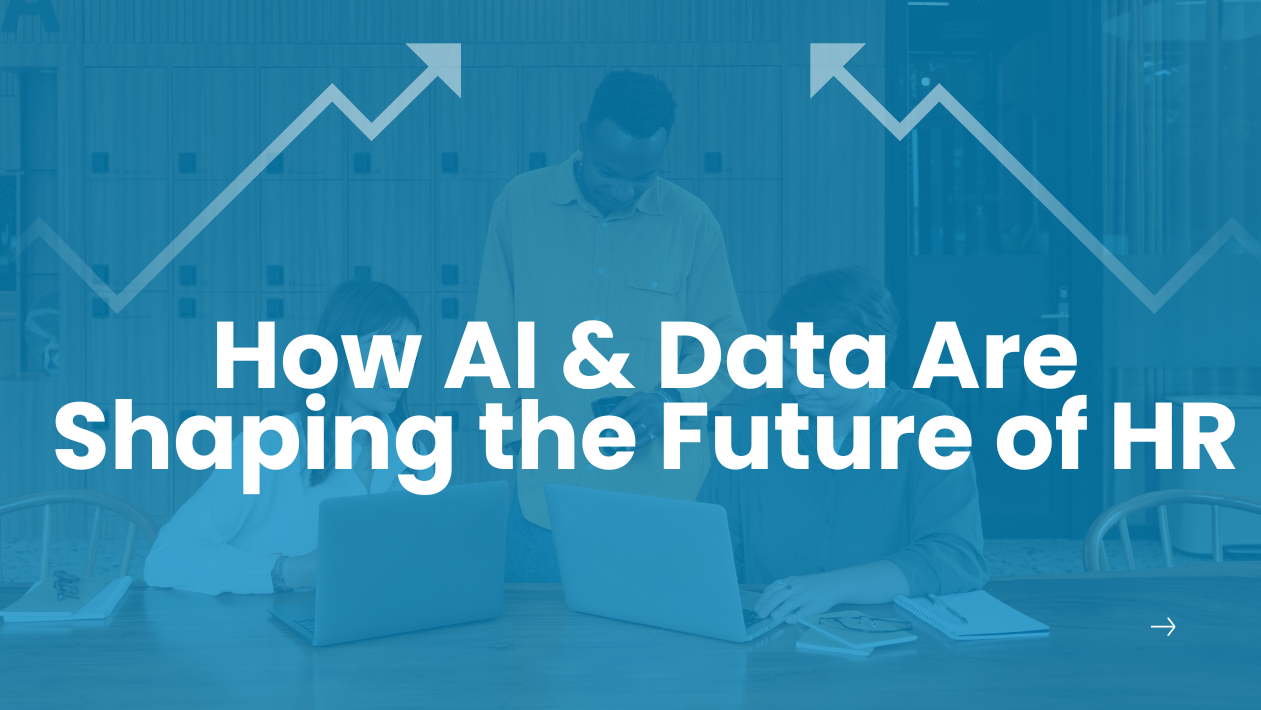In 2025, recruitment is no longer just about filling roles—it’s a high-stakes, tech-driven race for the best talent. AI-powered tools, predictive hiring analytics, and automated candidate experiences are revolutionizing how companies attract, assess, and hire employees globally.
From skills-based hiring to video interviewing bots, recruiters are leveraging cutting-edge platforms to reduce time-to-hire, improve candidate quality, and deliver seamless hiring journeys.
AI Matchmaking and Smart Screening Take Center Stage
AI is now central to sourcing and screening. Tools like HireVue, SeekOut, and Pymetrics use machine learning to analyze resumes, assess soft skills, and predict role fit based on behavioral and cognitive data.
These systems can shortlist candidates in seconds, eliminate unconscious bias, and ensure alignment with company culture—improving both diversity and retention.
Predictive Analytics Power Talent Pipelines
Recruitment platforms now provide predictive insights into candidate success rates, turnover risks, and future workforce needs. By analyzing hiring trends and internal performance data, organizations can make smarter, proactive talent decisions.
Platforms like Eightfold AI and Beamery are helping enterprises build internal talent marketplaces that reduce external hiring costs and boost internal mobility.
Video Interviews Go AI-Driven
Asynchronous video interviews are now standard, and AI evaluates tone, body language, and keyword relevance to identify top candidates faster. While controversial in some regions, these tools are helping scale early-stage screening with greater objectivity—especially in high-volume hiring.
Chatbots and Automation Elevate Candidate Experience
Recruitment chatbots like Mya and Olivia are now handling job FAQs, scheduling interviews, and providing real-time application updates—giving candidates a 24/7 touchpoint.
Automated systems also send personalized messages, feedback, and offer details, resulting in higher engagement and reduced drop-offs in the application funnel.
Skills-Based Hiring Overtakes Degree Requirements
In a major shift, more employers are prioritizing skills, portfolios, and real-world assessments over formal education. Digital assessments, coding challenges, and situational judgment tests are now widely used to validate capabilities and reduce credential bias.
Integration with DEI and ESG Goals
Modern ATS platforms now offer DEI dashboards, flagging bias patterns and tracking representation across hiring stages. Recruiters are using these tools to benchmark diversity metrics, set inclusive hiring goals, and ensure fair hiring practices.
The Future: Human-AI Collaboration in Recruitment
While AI is enhancing speed and accuracy, the human touch remains vital in final interviews, candidate persuasion, and culture alignment. In 2025, the most effective recruiters are those who combine data insights with empathetic communication to deliver top-tier candidate experiences.





